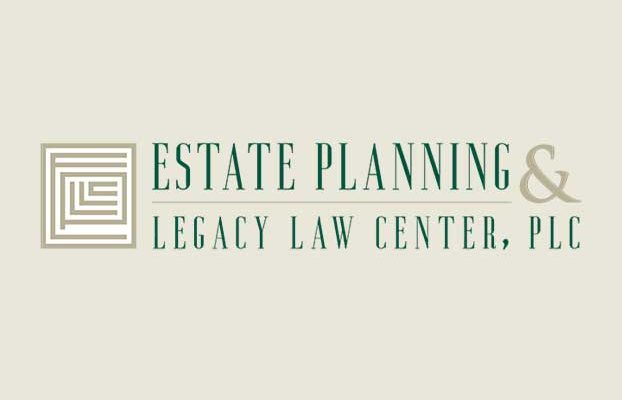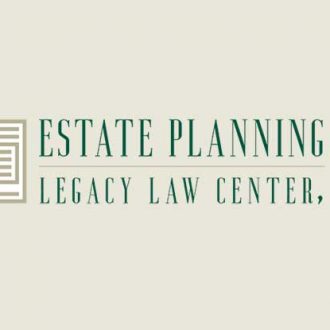
While planning for retirement can sometimes be difficult, parents of children with special needs have additional challenges.
There are extra challenges for parents of children with special needs including passing on assets, according to a recent Market Watch article entitled “Parents of special needs children plan for two futures.”
There are two major legal vehicles parents will want to know about and consider taking advantage of:
- Special Needs Trusts – People with disabilities should not inherit assets outright as it could jeopardize their eligibility for government benefits. Instead a special needs trust should be created to hold assets for the benefit of the person with disabilities. These trusts must be created in a specific way, so the assistance of an estate planning attorney is necessary.
- ABLE Accounts – These accounts are not yet available, with the exception of in Ohio, but they will be very soon. These accounts will allow some people with disabilities to have assets in their own name and under their own control, with some restrictions. Parents should be able to set up these accounts for their children and take advantage of the annual gift tax exemption to fund the accounts. Different states will have different ABLE account systems, so parents should shop around and consult experts.
Reference: Market Watch (July 7, 2016) “Parents of special needs children plan for two futures.”

